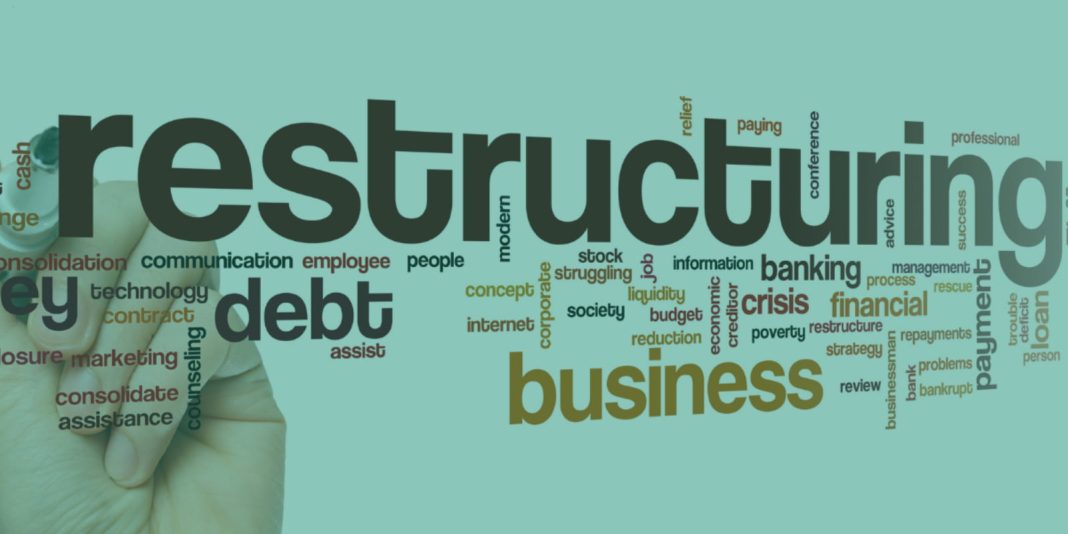 Consumers are becoming more selective with their spending as they face higher prices and elevated interest rates. Companies like McDonald’s, Starbucks, and Home Depot have reported weaker-than-expected results as customers pull back on their spending. On the other hand, companies like Sweetgreen and Delta Air Lines have reported growth, indicating that consumers are still willing to spend on certain experiences.
Consumers are becoming more selective with their spending as they face higher prices and elevated interest rates. Companies like McDonald’s, Starbucks, and Home Depot have reported weaker-than-expected results as customers pull back on their spending. On the other hand, companies like Sweetgreen and Delta Air Lines have reported growth, indicating that consumers are still willing to spend on certain experiences.
The rise in prices has been a major factor in consumers’ decision-making. The consumer price index has risen 3.4% over the last 12 months, and inflation is falling more slowly than expected, according to Federal Reserve Chair Jerome Powell. This means that prices are likely to remain high, putting a strain on consumers’ budgets.
Many consumers have also exhausted the savings they accumulated during the pandemic when they were receiving stimulus checks. As a result, they are now relying on credit cards to pay for everyday expenses like gas, rent, and groceries. The average consumer owes $6,218 on their credit cards, up 8.5% year over year.
Lower-income consumers are particularly struggling in this environment. They couldn’t save as much during the pandemic, and rent prices have surged. Additionally, low-income consumers are more likely to rent than own, putting them at a disadvantage. PepsiCo has seen a decline in volume for its North American beverage business, specifically among low-income consumers.
To attract customers, companies like McDonald’s and PepsiCo are offering promotions and discounts. McDonald’s plans to introduce a $5 value meal, while PepsiCo is focusing on attracting back low-income shoppers.
Despite some consumers becoming more cautious with their spending, others are still willing to spend on travel and experiences. Delta Air Lines and United Airlines have reported strong earnings as consumers prioritize travel as a discretionary investment in themselves. These trends align with a broader shift towards spending on experiences rather than goods.
Higher-income consumers are also supporting certain companies. Chipotle has seen growth in same-store sales, driven by increased foot traffic. Walmart has attracted more affluent customers as they prioritize buying food and health-related items over general merchandise.
However, not all companies with higher-income customer bases have seen strong demand. Lululemon and Starbucks have reported weaker results, with factors like product shortages and social media boycotts impacting sales.
Peloton, a pandemic darling, has also experienced disappointing results as fewer consumers purchased its equipment or fitness subscriptions. The company recently fired its CEO and announced layoffs as a result.
Overall, consumers are being more cautious with their spending as they face higher prices and elevated interest rates. Companies that can offer value or unique experiences are still attracting customers, but others are struggling to meet expectations.

